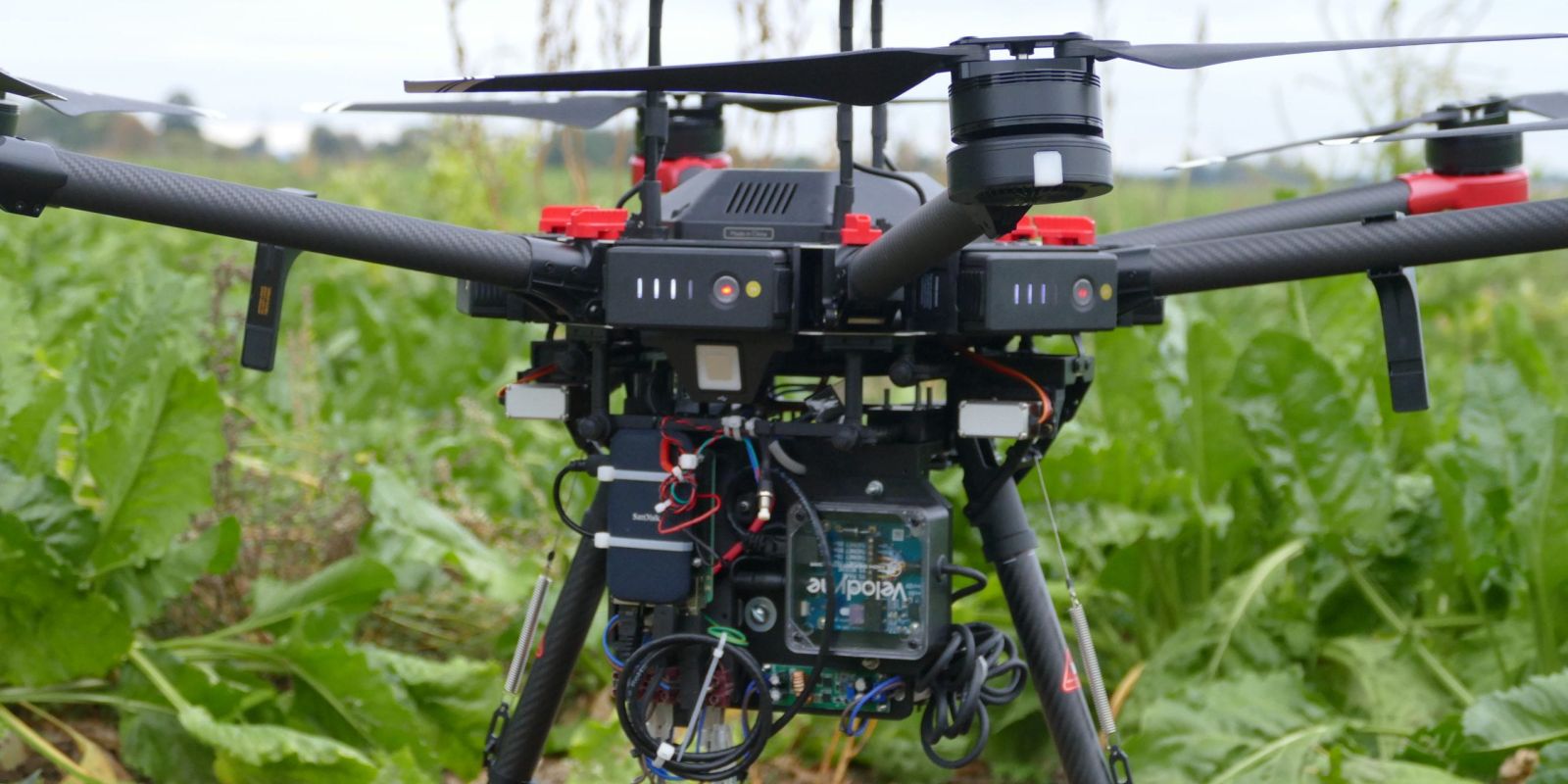UK FOOD VALLEY INNOVATION EDITION
Our UK Food Valley has a leading commercial, academic and research cluster which drives innovation and commercialisation for productive, sustainable, low carbon, healthy food chains. Innovation manifests itself in many ways. It finds solutions, drives efficiencies, and pushes boundaries. It is a catalyst for improved health and standards of living, economic growth, and can protect our planet.
As well as increasing productivity, we need to minimise environmental impact, deliver high quality products which support UK food security, and ensure that we have a policy environment which supports UK competitiveness.
The Food Board believes that significant progress can be made by driving innovation across priority areas to include climate smart farming, precision breeding, adoption of data and AI, resilience, water, and 100% raw product utilisation by adopting a zero-waste culture, and this was on the agenda when they met at Dyson Farming in late April to discuss future innovation needs at the Carrington strawberry facility. The meeting also featured insights into their state-of-the-art 26 acre greenhouses and exploring the highly innovative technologies which power this fully sustainable model, including robotics, non-chemical disease treatments and the AD plant which supplies the heat and power.
The Food Board is an influential body made up of companies involved in all aspects of food and agritech industries, who together turn over £7bn a year and employ nearly 15,000 people across Lincolnshire. For the next transformational leap to occur, the Board agreed that the UK must compete globally and that this can only be achieved by addressing key innovation needs and developing the skills to deliver innovation successfully.
Food will always be an essential human need. But the UK sits at a critical moment in the future of food and farming, with a complex need to balance competing priorities whilst increasing productivity and efficiency. Whilst agritech solutions present a compelling opportunity, there remain significant challenges for deployment of new innovative technology on farms and in our food business. We therefore welcome major new calls for projects by government - many of which feature in this bulletin - to help develop, adopt, and fund innovative agritech solutions on farms and across the food chain.
The UK Food Valley has a unique opportunity to drive a step change in sustainable production and processing to deliver healthy, quality food to the nation. From our growing clusters, expertise, and reputation we are positioned at the forefront of resilient UK food production as we aim to be a Top 10 Global Food Cluster. By focusing on applied, industry led innovation, the University of Lincoln has already worked with businesses on over 100 food industry innovation projects in the last five years. Bringing together businesses and world leading academics, this model delivers high impact. And by connecting the focus across the universities of Lincoln and Cambridge, we are now leading the commercialisation of agritech.
Harnessing this sector strength, the University has secured over £100m of new partnership R&D projects with the food and farming industry and Greater Lincolnshire is now seeing over £1bn of investment a year into our agrifood sector, both to modernise existing facilities and equipment and to invest in new game changing projects. But we need to go further and faster, as national and international changes in the food chain create new challenges and opportunities.
Our East of England Launchpad funding programme has recently announced more Lincolnshire successes, and we are exploring match funding for similar programmes to build on this success to support business innovation.
And in January 2025 we joined the APPG for AgriScience and Technology in calling for an ambitious innovation agenda for UK agriculture. This 30:50:50 Vision highlights the need for clear, long-term goals to increase domestic food production whilst reducing the environmental footprint.
In May, we saw the announcement of our successful bid for a £5m Connected Capabilities Fund (CCF) project led by the University of Lincoln in collaboration with Cambridge and UEA, to develop a national AgriTech Commercialisation Ecosystem (ACE) programme. This programme sits alongside our existing work on LINCAM and AgTech Global whilst creating new capacity to support our agritech businesses to commercialise their technologies across a range of novel innovations, through accessing both public and private sector investment.
We continue to strengthen our connections and influence with Westminster through our growing status of the food sector in the devolution deal. Our devolution capital funding programme is committing skills capital grants of £2.5 million to colleges and universities in Greater Lincolnshire to grow our skills base in agri-food. The supported projects will fund innovation across innovative topics from hydroponics to STEM and digital, and horticulture to food and crop analysis. Summer 2025 will also see the opening of a new R&D greenhouse at Riseholme, focusing on labour and energy efficiency as the importance of protected cropping continues to grow.
In the fish sector, the UK Seafood Federation and the National Centre for Food Manufacturing are working with international partners to develop a 100% fish utilisation cluster, and we will be reporting on this in more detail later in the year. This programme is designed to add value through innovation to a wide range of fish co and by-products, which have the potential to create new industries.
Finally, in this edition of the bulletin, you can find links to new funding to help businesses access support to adopt innovation, including the new DEFRA ADOPT fund announced last month, as well as new rounds of Farming Innovation Programme grants and capital grants for farmers to buy technology.
And we also continue to actively attract investors to the UK Food Valley to bring more venture capital and angel investment to our portfolio of innovative agri-food tech businesses. Please reach out to us if you would like to get involved or need support to help connect with potential partners to drive your innovation journey forwards.
Happy Innovating!



